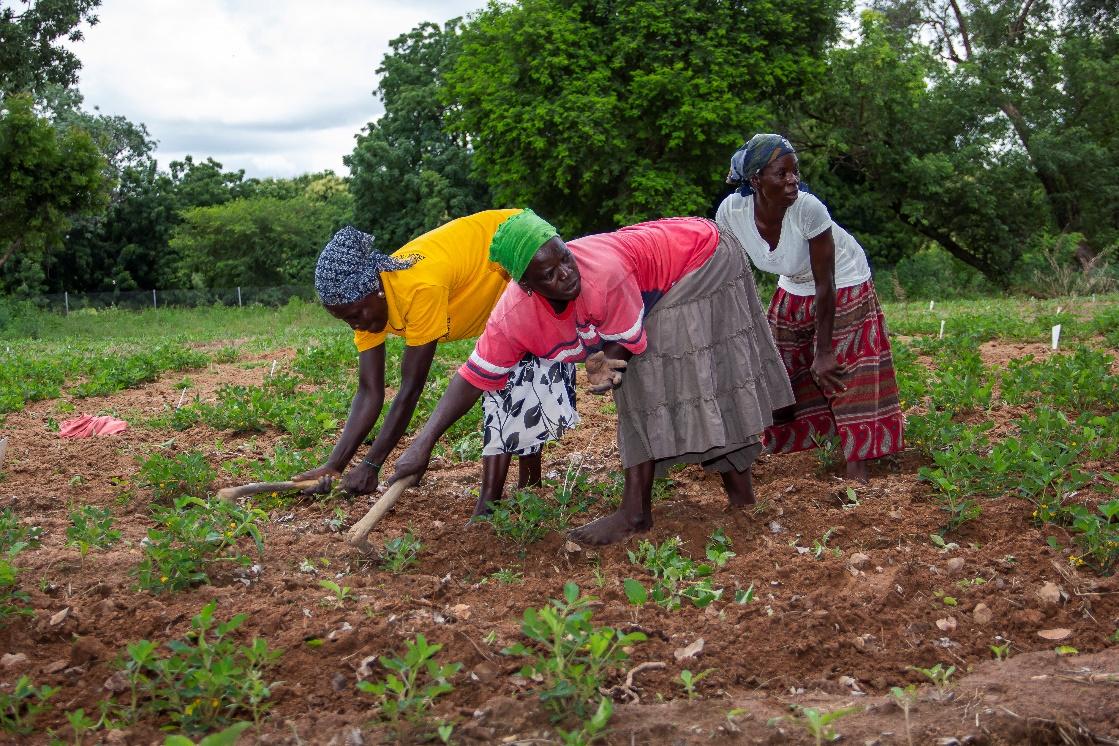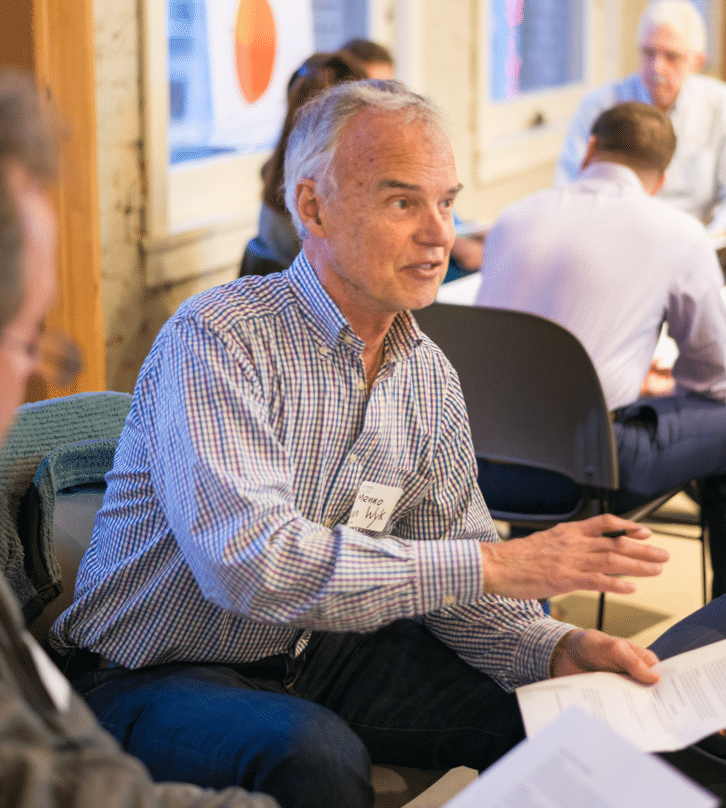The phrase “agricultural research” conjures images of professionals wielding hard science to explore how to grow more food or improve farm incomes. One might imagine scientists in white coats busy undertaking laboratory testing of different crop varieties, splicing samples, and examining them under microscopes. Or perhaps teams of researchers applying different levels of fertilizer to different plots in the field.
Too often, observers underappreciate the critical role that social scientists play in agricultural research. This is a major oversight. After all, agriculture is as much about people as it is about plants—people determine what to grow, when, where, and how. This very author is guilty of underestimating the need for social scientists, and not just plant geneticists, to help the world grow more food. Luckily, Grow Further’s newest partners in Ghana fully appreciate why social scientists and hard scientists must work together to solve the world’s food security challenges. They’ve even written about this.
CSIR-SARI and its work
As this newsletter’s readers know by now, Grow Further recently achieved a historic milestone when we announced the first two recipients of our grants, money made possible by our donor-members and other benefactors that will help propel smallholder agricultural innovation. One of our grantees and newest partners is the Council for Scientific and Industrial Research-Savanna Agricultural Research Institute (CSIR-SARI) in Tamale, Ghana.
CSIR-SARI is on a quest to develop a winning variety of Bambara groundnut, a potential superfood native to Africa that’s been neglected for far too long. Most members of the project team are doing field and laboratory research, but the principal investigator is actually a social scientist, Alhassan Nuhu Jinbaani. The project uses an approach known as participatory plant breeding, in which farmers are not only asked what traits they want in their crops but also engaged throughout the research process. They’re on the cutting edge of how best to do this, as they explain in a recently published journal article on their work with cowpeas.
Writing in the journal Frontiers in Sociology, Jinbaani et. al. discuss their investigation into how women farmers in Ghana select traits for cowpeas differently from their male counterparts. The investigation was necessary to better understand how to help cowpea farmers improve their yields. As the researchers explained, simply developing a faster-growing, higher-yielding super variety of cowpea in a laboratory setting wouldn’t cut it—if this miracle variety doesn’t hold the traits that male and female cowpea farmers alike care most about, they will likely reject this lab-developed crop.
Closing the cowpea farming gender gap
In the case of women cowpea farmers, the researchers quickly discovered that inherent social inequities were hindering the broader adoption of better cowpea varieties on Ghana’s farms. “Social scientists joined plant breeders in field research to see what traits farmers valued in cowpeas, and if men and women had different perspectives,” they explained. “As part of this work, the researchers realized that women failed to adopt new cowpea varieties for social reasons,” especially because of a lack of access to money and land. Because of these and other social constraints, male cowpea farmers generally achieve better yields than women, they found.
Jinbaani et al. refer to the critical role of social scientists in agricultural research on several occasions in their paper. Thanks to them, the research team now knows what women cowpea farmers generally select plants for how easy they are to harvest. They also like varieties that grow plenty of leaves useful for making soups, usually cowpea plants that mature earlier. The color varieties of cowpeas preferred by women also seem to differ from those preferred by male cowpea farmers.
Researchers interpreted the preference of women cowpea farmers for earlier-maturing varieties as an attempt to improve their yields–as farmers told it, cowpea varieties that mature sooner allow for more growing cycles in a year. Yet as they already discovered, social inequities prevent women cowpea farmers from accessing the land and financing their male counterparts can take advantage of to grow more food per acre.
Social science for a food-secure future
The researchers learned all this through focus groups and roundtable discussions with cowpea farmers organized by skilled plant breeders and social scientists alike. The knowledge they gained is now being used to help community members implement reforms and introduce programs that could help close the gender gap in cowpea farming. The information is also helping laboratory plant breeders better understand how they should be focusing their efforts. “By incorporating gender and hiring social scientists,” Jinbaani et al. said, “the breeding program became more engaged with farmers, starting institutions within communities…and engaging with local authorities to improve breeding efficiency and to promote new cowpea varieties for men and women.”
— Grow Further
Photo credit: Women working a Bambara groundnut field in northern Ghana. Kwekwe Photography.




